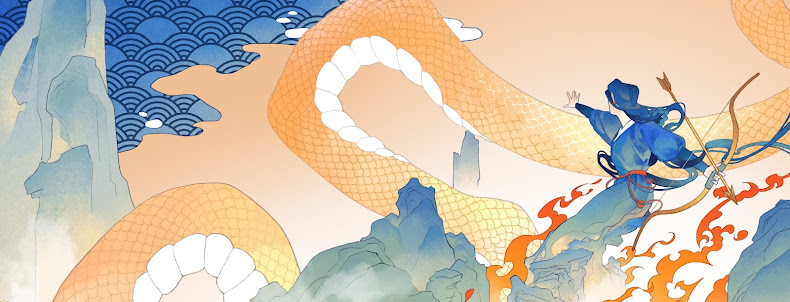I've recently come across this NYROB article by Perry Link about the great classical Chinese novel Chin P'ing Mei (or The Plum in the Golden Vase"), which is such an interesting read that I had to share it (thanks to EastSouthNorthWest for the link). The writer also made some insightful comments about the difficulties in translation, as well as about the uniqueness of Chinese literature due to the written characters. These paragraphs relate to the latter:-
Let me put it the other way around. Novels were not the primary language art in imperial China. Measured by volume, "xi", translatable as “drama” or “opera,” would be in first place, and measured by beauty, calligraphy or poetry would be. Should we compare poetry across civilizations? If we do, classical Chinese poetry wins easily. The contest is almost unfair, because, as my students of Chinese language eventually come to see, the fundaments of language are different.
Indo-European languages, with their requirements that tense, number, gender, and part of speech be specified, and with the mandatory word inflections that the specifications entail, and with the extra syllables that the inflections add, just can’t achieve the same purity—a sense of terseness and expanse at the same time—that tenseless, numberless, voiceless, uninflected, and uninflectible Chinese characters can achieve. In a contest, one person has a butterfly net and the other a window screen. Emily Dickinson might have come to be known as the greatest poet in world history if she had written in classical Chinese. Should Westerners feel defensive that this was not the case? Far better just to inherit what we all have done, and leave it there.
Here's the link to the full article.

No comments:
Post a Comment